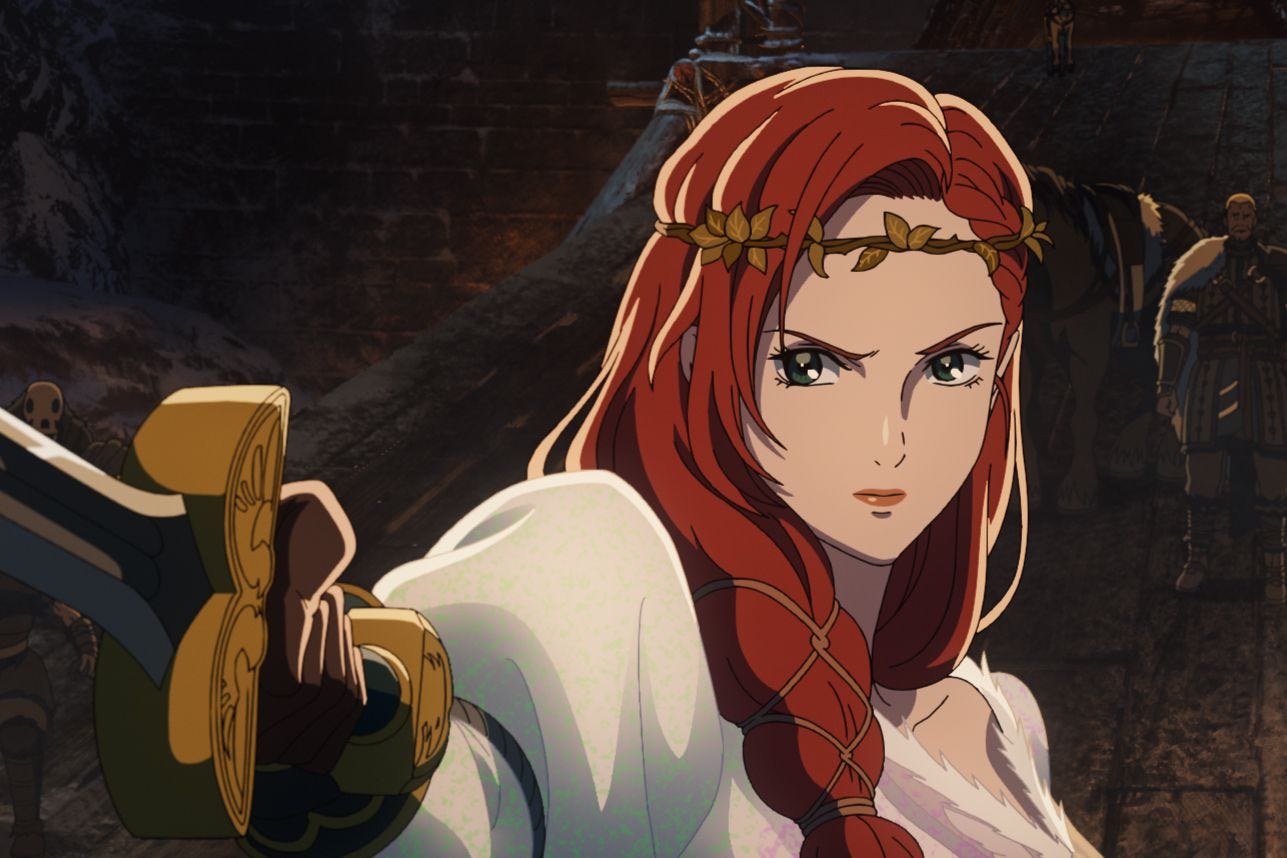Lord Of The Rings: The War Of The Rohirrim Is Beyond Woke With Hollywood Death Cult And LGBTQ Messaging Reaching New Lows
While Lord of the Rings as a property has seen the lore disrespected in recent years with Rings of Power, War of the Rohirrim becomes a complete subversive mess on analysis, with the plotline pushing evil LGBTQ lifestyles while shunning traditional marriage.
War of the Rohirrim stirred controversy among Lord of the Rings fans from when trailers hit. The …
Keep reading with a 7-day free trial
Subscribe to Fandom Pulse to keep reading this post and get 7 days of free access to the full post archives.





